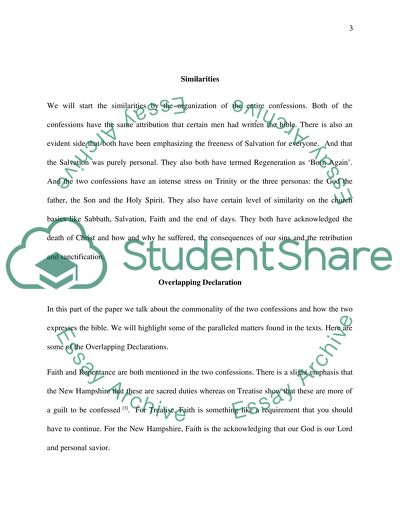Cite this document
(“Comparison of New Hampshire Baptist Confession of Faith (1833) with Book Report/Review”, n.d.)
Comparison of New Hampshire Baptist Confession of Faith (1833) with Book Report/Review. Retrieved from https://studentshare.org/religion-and-theology/1443873-a-comparison-of-the-new-hampshire-baptist
Comparison of New Hampshire Baptist Confession of Faith (1833) with Book Report/Review. Retrieved from https://studentshare.org/religion-and-theology/1443873-a-comparison-of-the-new-hampshire-baptist
(Comparison of New Hampshire Baptist Confession of Faith (1833) With Book Report/Review)
Comparison of New Hampshire Baptist Confession of Faith (1833) With Book Report/Review. https://studentshare.org/religion-and-theology/1443873-a-comparison-of-the-new-hampshire-baptist.
Comparison of New Hampshire Baptist Confession of Faith (1833) With Book Report/Review. https://studentshare.org/religion-and-theology/1443873-a-comparison-of-the-new-hampshire-baptist.
“Comparison of New Hampshire Baptist Confession of Faith (1833) With Book Report/Review”, n.d. https://studentshare.org/religion-and-theology/1443873-a-comparison-of-the-new-hampshire-baptist.


